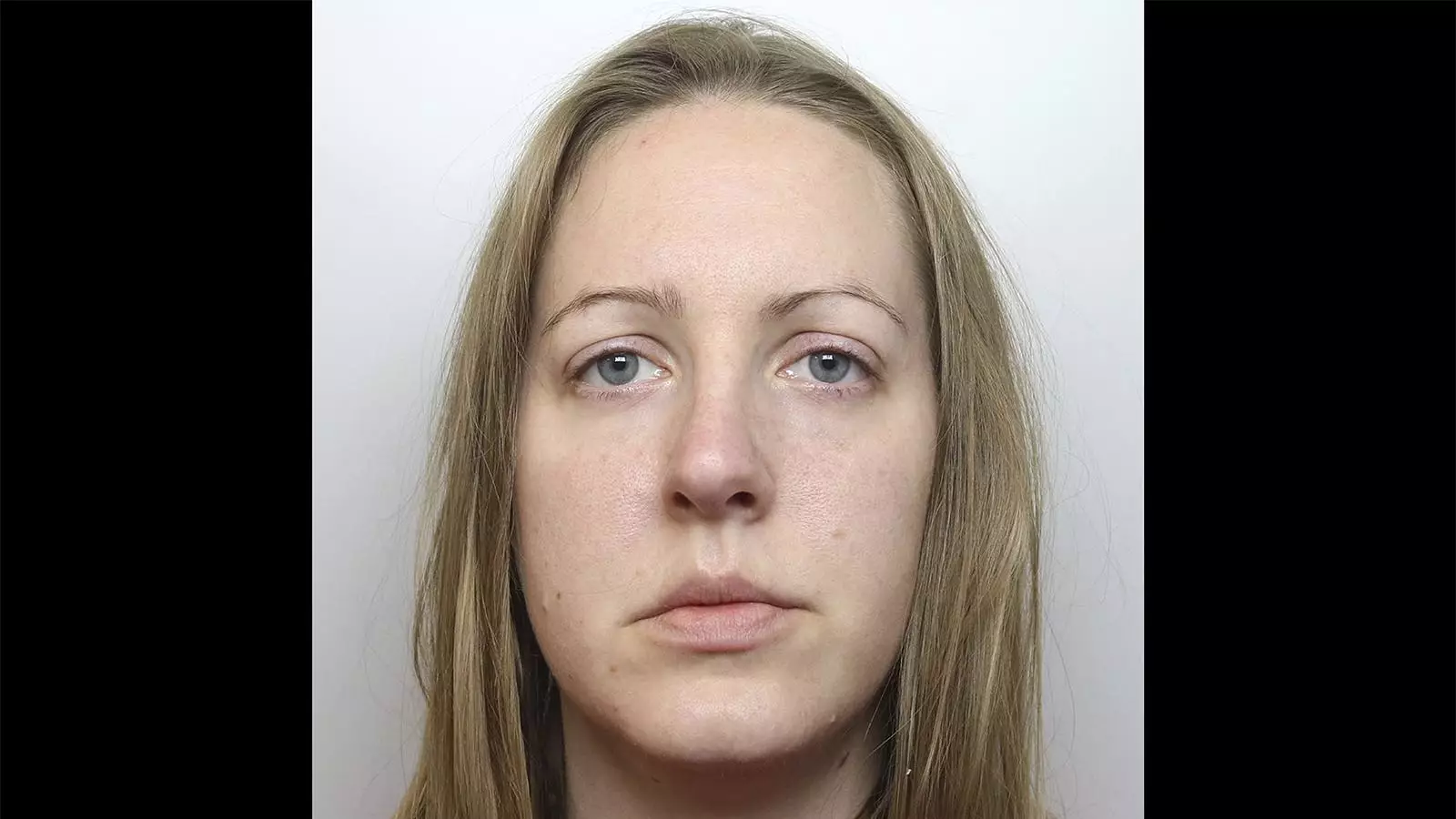The case of Lucy Letby, a former neonatal nurse convicted of multiple murders, continues to stir debate within legal and medical circles. Letby, who was sentenced to multiple life terms without the possibility of parole, has maintained her innocence regarding the tragic deaths of several infants under her care. However, new developments have emerged that could reshape the legal landscape around her case, raising essential questions about the reliability of expert testimony and the integrity of judicial proceedings.
Recently, a significant shift occurred when Dr. Dewi Evans, the prosecution’s primary expert, revised his opinion about the causes of death for three infants linked to Letby. Initially, Evans posited that Letby had injected air into the babies’ gastric tubes, leading to fatal consequences. However, in a surprising turn, he reversed this assertion, prompting defense attorney Mark McDonald to announce plans to appeal her convictions. McDonald argues that this change undermines the foundation of the case against Letby, asserting, “If the lead expert for the prosecution is no longer deemed credible, then it casts doubt on all convictions.”
This unfolds within a more extensive narrative. Letby was convicted of murdering seven infants and attempting to kill seven others while working at the Countess of Chester Hospital. Such a serious outcome and the life-altering consequences for her compel the legal system to examine the reliability of expert witnesses meticulously. If this type of testimony proves to be fallible, it opens a Pandora’s box of potential injustices.
The Crown Prosecution Service (CPS) has staunchly defended the original verdicts. A spokesperson highlighted that Letby’s case underwent rigorous scrutiny from two juries and multiple appeal court judges. They emphasized, “The Court of Appeal dismissed Letby’s leave to appeal on all grounds,” indicating a consensus on the evidence presented at trial. This reiteration of the judicial process raises questions about whether new conclusions from Evans are enough to warrant re-examination of the case.
The rarity of expert witnesses altering their opinions in a criminal case cannot be overstated. Legal expert Sean Caulfield noted, “It is vanishingly rare for a lead expert witness to change his mind on key evidence.” In a landscape where justice is built upon mountains of evidence, such inconsistencies cannot merely be brushed aside.
Broader Implications for Legal and Medical Fields
Compounding this controversy is an ongoing inquiry into the systemic failures at the hospital that allowed these deaths to occur. It is no longer merely about Letby; it touches on broader issues of medical oversight and the failings of healthcare systems to protect vulnerable neonates. Experts from diverse fields have raised alarms about the potential for errors in legal proceedings that hinge on highly technical medical evidence. The interplay between healthcare and legal justice systems is increasingly highlighted as one rife with vulnerabilities.
The recent attention drawn to Letby’s case is part of a broader societal reckoning with how we interpret complex medical evidence in the courtroom. Advocates for reform argue that legal standards must adapt to the nuances of medical science, particularly when statistical anomalies and healthcare settings are involved. Their position underscores a pressing need for integration between legal standards and the realities of scientific inquiry.
Public sentiment surrounding Letby’s case adds yet another layer of complexity. The media attention and public discourse surrounding her actions and the subsequent convictions have generated a polarized response. On one side are those convinced of her guilt, while on the other are those who question the integrity of the judicial system itself. The crux of the matter lies in the delicate balance between public perception and the pursuit of justice. The narrative crafted by media, experts, and the public can significantly influence ongoing judicial processes.
As Letby’s legal team prepares to forge ahead with their appeal, the developments in her case serve as a stark reminder of the imperfections within both the medical and legal fields. The implications of this case extend beyond Letby herself, sparking invaluable discussions about the reliability of expert testimony, systemic healthcare failures, and the intricate relationship between law and medicine. As the story continues to unfold, it is clear that the ramifications will be felt across multiple sectors for years to come.


Leave a Reply